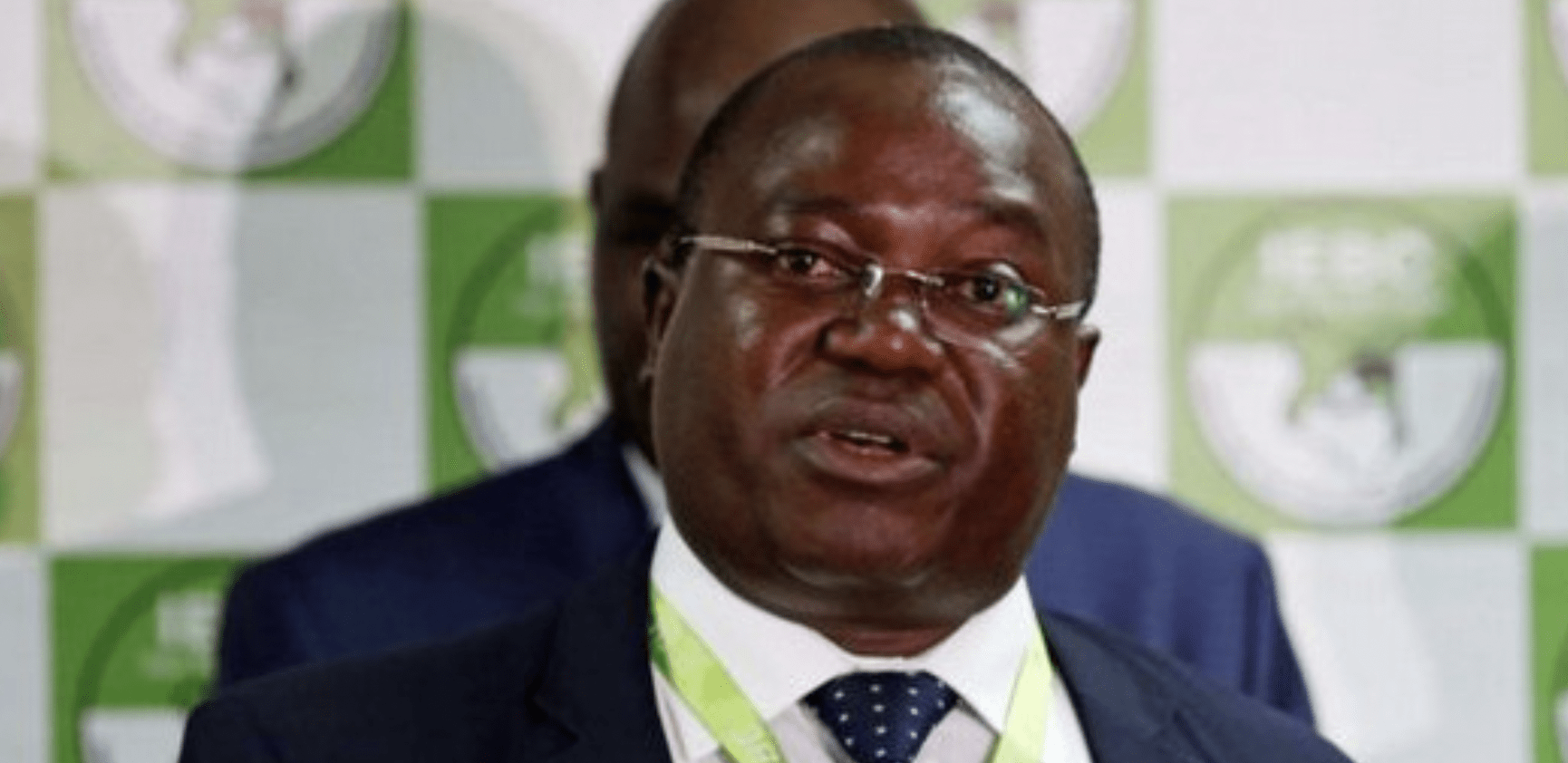A Lesson in Democracy from Kenya

Lisa Van Dusen
September 7, 2017
If there were any doubt remaining after the 2016 U.S. presidential election about the status of election outcomes as high-value corruption targets, the death of Chris Msando is worth considering.
Msando (above), whose mutilated body was found in the woods outside Nairobi more than a week before the Aug. 8 presidential election in Kenya, was neither a politician, nor a journalist, nor any of the conventional dramatis personae who tend to turn up dead in stories of fatal political-narrative tampering.
In a morbid sign of a time when vote rigging is more about cyber sabotage than ballot-box stuffing, Msando was an IT guy. He was the Kenyan Independent Electoral and Boundaries Commission (IEBC) official responsible for the integrated digital system of voter registration, identification, and—most crucially—the transmission of election results. Reports on the state of his corpse indicated that before he died by strangulation, Msando may have actually been tortured for his passwords.
Msando’s murder reflected poorly on incumbent president Uhuru Kenyatta, who ultimately logged a reported 54 per cent of the vote to opposition Leader Raila Odinga’s 44 per cent, and whose governing Jubilee Party evidently won controlling majorities in both houses.
The Supreme Court of Kenya last week ruled that Kenyatta’s victory was tainted by irregularities and, responding to a petition by Odinga, ordered that a second election be held within 60 days—an act unprecedented in African democracy. Chief Justice David Maraga’s ruling declared the result “invalid, null, and void.” The new election will be held Oct. 17.
The important takeaway for other democracies is the manner in which the irregularities cited by Maraga occurred. The system that had been overseen by Msando tellingly malfunctioned in his absence, many results were submitted by text message without validation, and 10,000 of the forms that would have provided that validation disappeared, among other issues. University of Michigan professor Walter Mebane, who conducts forensic analysis of elections worldwide, told The New York Times of the Kenya results: “every single indicator came up signalling anomalies. It’s a huge red flag that something weird is going on.”
The Times also reported last week that despite a 2016 U.S. presidential campaign so unbelievable it had commentators scrambling for new ways to say “dumpster fire” before the first debate was held, “local, state, and federal agencies have conducted little of the type of digital forensic investigation required to assess the impact, if any, on voting in at least 21 states whose election systems were targeted by Russian hackers.”
The way in which the response of major democracies to election hacking seems to be lagging behind the technological capabilities of the perpetrators is reminiscent of the lag between the advent of suicide bombers willing to die to take innocent bystanders with them, and the recognition that it was a matter of time before the vehicles, targets, and body counts would get much bigger based on that one horrific innovation in terrorism. Once again, what to perpetrators are best-case scenarios don’t seem to have entered the realm of possibility to governments ostensibly protecting themselves from worst-case scenarios.
Given the obvious potential for political, geopolitical, security, economic, and social damage generated by a single election or referendum result, the assumption that every hacking tactic imaginable isn’t being exploited to manipulate those outcomes by interests that have been targeting democracy seems at best naïve and at worst irresponsible.
The other major U.S. electoral story these days is the roster of highly qualified Democrats lining up for 2020. In the absence of a massive systemic correction, they may be gearing up for a race whose outcome, at least in certain circles, is already known.
Policy Magazine Associate Editor Lisa Van Dusen was a senior writer at Maclean’s, Washington columnist for the Ottawa Citizen and Sun Media, international writer for Peter Jennings at ABC News and an editor at AP National in New York and UPI in Washington.
